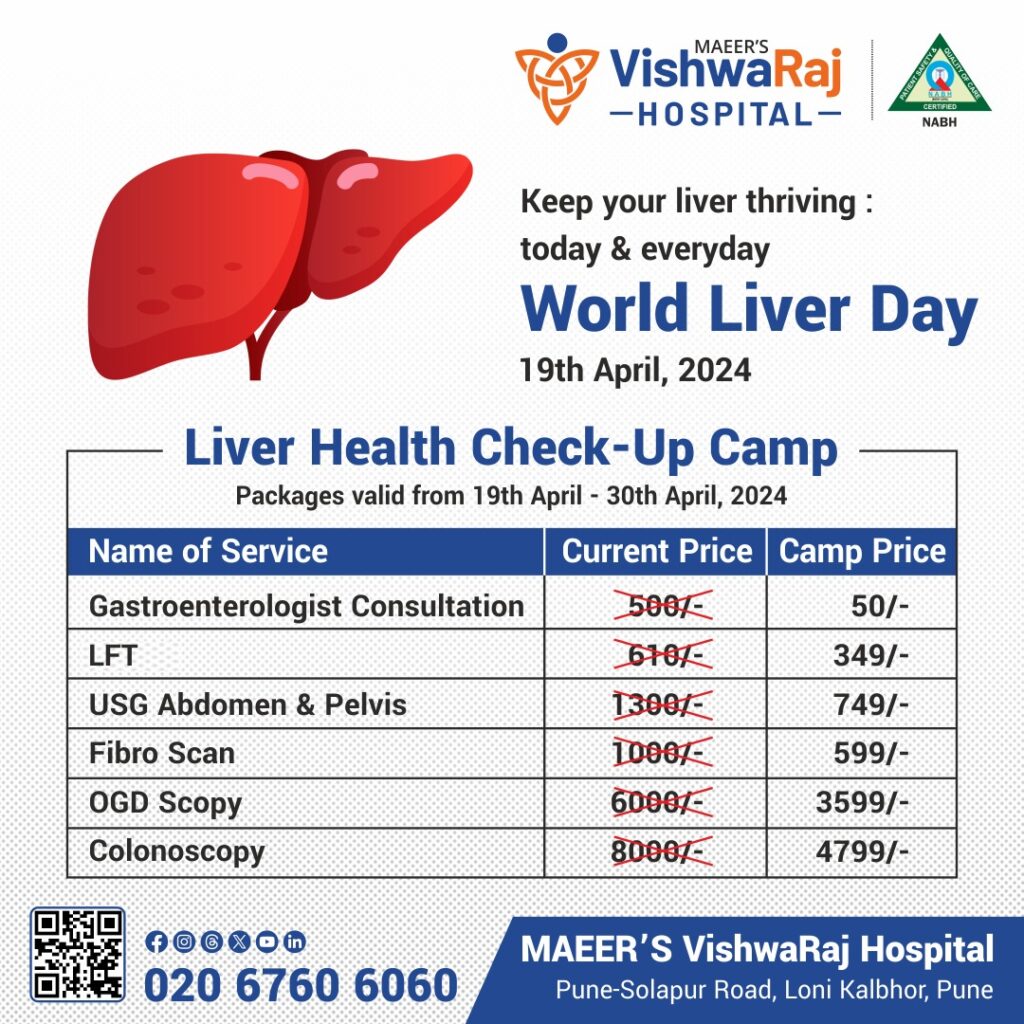Why would you need a Blood Transfusion?
- Written by: Department Of Clinical Haematology
- Published: February 16, 2021
- 4 min Read


A blood transfusion is a process of transferring blood or its product from donor to the recipients. This process helps in saving many people’s life by supporting the person during excessive blood loss. In conditions like bleeding during surgery or decreased blood count in an anemic patient, the doctors supply them with blood cells or products. However, the requirements of blood transfusion disease wise are:
- Hemophilia: In this disorder, your body is unable to clot blood properly.
- Sickle cell disease: This disease changes your red blood cells’ shape, hence demanding the requirement of replacement.
- Cancer: Cancer is common in people whose cells start dividing and spreading to their neighboring tissues.
- Liver disease: In this disease, your liver stops operating correctly.
- Anemia: In this condition, the patient’s body is not producing enough red blood cells. This reaction can be because the person is suffering from iron deficiency. This problem is known as iron deficiency anemia.
- Kidney disease: In Kidney Disease your kidney stops functioning correctly.
Thus, it would be best if you mainly had blood transfusion when your body lacks healthy blood cells to function correctly.
Common types of blood transfusions
There are primarily four primary types of blood transfusion process:
- Platelet Transfusion: In treatment like chemotherapy, your platelet count reduces to some level. Thus to help increase the status back to normal, you need a platelet transfusion. This technique is also helpful in some platelet disorders.
- Red blood cell transfusion: If people suffer from extreme blood loss, they require red blood cell transfusion. This condition is common in anemia or iron deficiency anaemia or any other blood disorder.
- Whole blood transfusion: When an individual requires all the blood products like a red and white blood cell and platelets, they need a full blood transfusion. This process is most common in conditions like severe traumatic bleeding.
- Plasma Transfusion: During plasma transfusion, your body gains many proteins that are essential for health. You may require going through the process in case of liver failure, severe burn, or infection.
Blood types
When you go through blood transfusion, the blood you receive from the donor should match yours. You can be either of the blood group A, B, AB, or O. If not, the antibodies in your body will fight the infused blood creating a problem. That is why every blood bank has a proper screening procedure to check the blood type and the possibility of any infection.
Blood type O can donate blood for any transfusion case; thus, they are a universal donor. Around 40% of the people have an O blood type.
However, if you have blood type AB, you are a universal recipient and can take blood from any donor. But if you have blood type Rh-negative, you can receive blood from only Rh-negative blood.
Risk and complication related to Blood transfusion
Usually, the blood transfusion process is safe and risk-free. However, at times some complications may show up. In some cases, the side-effects are visible immediately while in some other cases, it takes time.
- Fever: If you feel sick after one to six-hour of the process of blood transfusion, it is not much of a problem. However, if you experience chest pain or nausea, this may be a warning sign of something severe. So, it would be best to visit your doctor immediately.
- Acute immune hemolytic reaction: Generally, not many people go through this complication as it is a severe medical condition. This condition occurs when your antibodies start fighting the red blood cell in the blood you just received through blood transfusion. You can see the effects of this condition right after the transfusion or during the process too. The condition symptoms are nausea, chest pain, fever, chills, or pain in the lower back. The color of your urine might also change to dark.
- Anaphylactic reaction: This reaction is usually visible immediately within minutes of starting the process of transfusion. It is a very dangerous and life-threatening side-effect of the process. The symptoms are low blood pressure, swelling of the throat and face, and shortness of breath.
- Delayed hemolytic reaction: In this complication, you suffer through the same side effects of the blood transfusion process. But the symptoms are not visible right away; they will start appearing gradually and slowly.
- Allergic reaction: Even if the blood type of both donor and recipient matches some people still go through an allergic reaction. And if you go through this complication, you will experience itchiness and also develop hives. The symptoms of allergy will be visible soon after the transfusion or even during the process.
- Transfusion-related acute lung injury (TRALI): This side-effect is rare and not visible in many people. But if you go through this complication, it can be a fatal one. The side-effect usually starts appearing as soon as the transfusion process starts. Here your blood pressure drops to a significant level, and the disorder also damages your lung. The leading cause of the complication can be the work of antibodies in the new blood. Though it is rare, it can be the leading cause of death due to blood transfusion.
- Graft-versus-host disease: This complication is also rare yet deadly. It occurs when the white blood cells in your new blood after transfusion attacks your bone marrow. The effects of this complication increase even more if you have a weak immune system.
- Hemochromatosis: When you have multiple blood transfusions, you may acquire too much iron in your blood. This disorder is also known as an iron overload condition. The state can damage your liver and your heart as well.
Conclusion
After looking at the risks, you must be scared. But the risk mentioned here are mostly rare, and blood transfusion is generally a safe process. Moreover, people go through a blood transfusion process when they require blood in injury or blood loss from an accident. So, if you are going through any blood-related problem, you can discuss with your doctor the process of blood transfusion.
Related Read
Why would you need a Blood Transfusion?
A blood transfusion is a process of transferring blood or its product from donor to the recipients. This process helps in saving many people’s life by supporting the person during excessive blood loss.
Patients also want to know


Is stem cell therapy permanent?
After you have gone through stem cell therapy, you can expect the process to show benefit for up to one year. The stem cell injected by your doctor will continue to form a new cell in the target area for that particular year.


Is blood cancer curable?
Blood cancer affects the production and work of your blood cells. They usually develop in your bone marrow, which is the center point of blood production. When the stem cell in your bone marrow grows and matures, it produces three types of blood cells.
Warning: Trying to access array offset on value of type null in /home/drr41ih765mp/public_html/wp-content/plugins/jblog-elements/includes/class/elements/views/view-abstract.php on line 142
Warning: Trying to access array offset on value of type null in /home/drr41ih765mp/public_html/wp-content/plugins/jblog-elements/includes/class/elements/views/view-abstract.php on line 142
Warning: Trying to access array offset on value of type null in /home/drr41ih765mp/public_html/wp-content/plugins/jblog-elements/includes/class/elements/views/view-abstract.php on line 142
Warning: Trying to access array offset on value of type null in /home/drr41ih765mp/public_html/wp-content/plugins/jblog-elements/includes/class/elements/views/view-abstract.php on line 142
Warning: Trying to access array offset on value of type null in /home/drr41ih765mp/public_html/wp-content/plugins/jblog-elements/includes/class/elements/views/view-abstract.php on line 142
Warning: Trying to access array offset on value of type null in /home/drr41ih765mp/public_html/wp-content/plugins/jblog-elements/includes/class/elements/views/view-abstract.php on line 142
Warning: Trying to access array offset on value of type null in /home/drr41ih765mp/public_html/wp-content/plugins/jblog-elements/includes/class/elements/views/view-abstract.php on line 142
Warning: Trying to access array offset on value of type null in /home/drr41ih765mp/public_html/wp-content/plugins/jblog-elements/includes/class/elements/views/view-abstract.php on line 142
Related Posts
The Importance of Orthopedic Care: How it Impacts Your Quality of Life
The Importance of Orthopedic Care: How it Impacts Your Quality of Life Introduction In the pursuit of a fulfilling life, ...
“Stay cool, stay safe: Beat the heat, avoid heat stroke.”
Department by: Internal Medicine Last Read: 4 min ago As the temperatures rise during the hot summer months, it's important ...
Sudden Onset (Sensorineural) Hearing Loss
Department by: ENT Last Read: 4 min ago As the name suggests, it’s a sudden rapid and unexplained loss of ...
Retinitis pigmentosa and its effect on the quality of life
Retinitis pigmentosa and its effect on the quality of life: On one fine day in our ophthalmic clinic, a father ...






